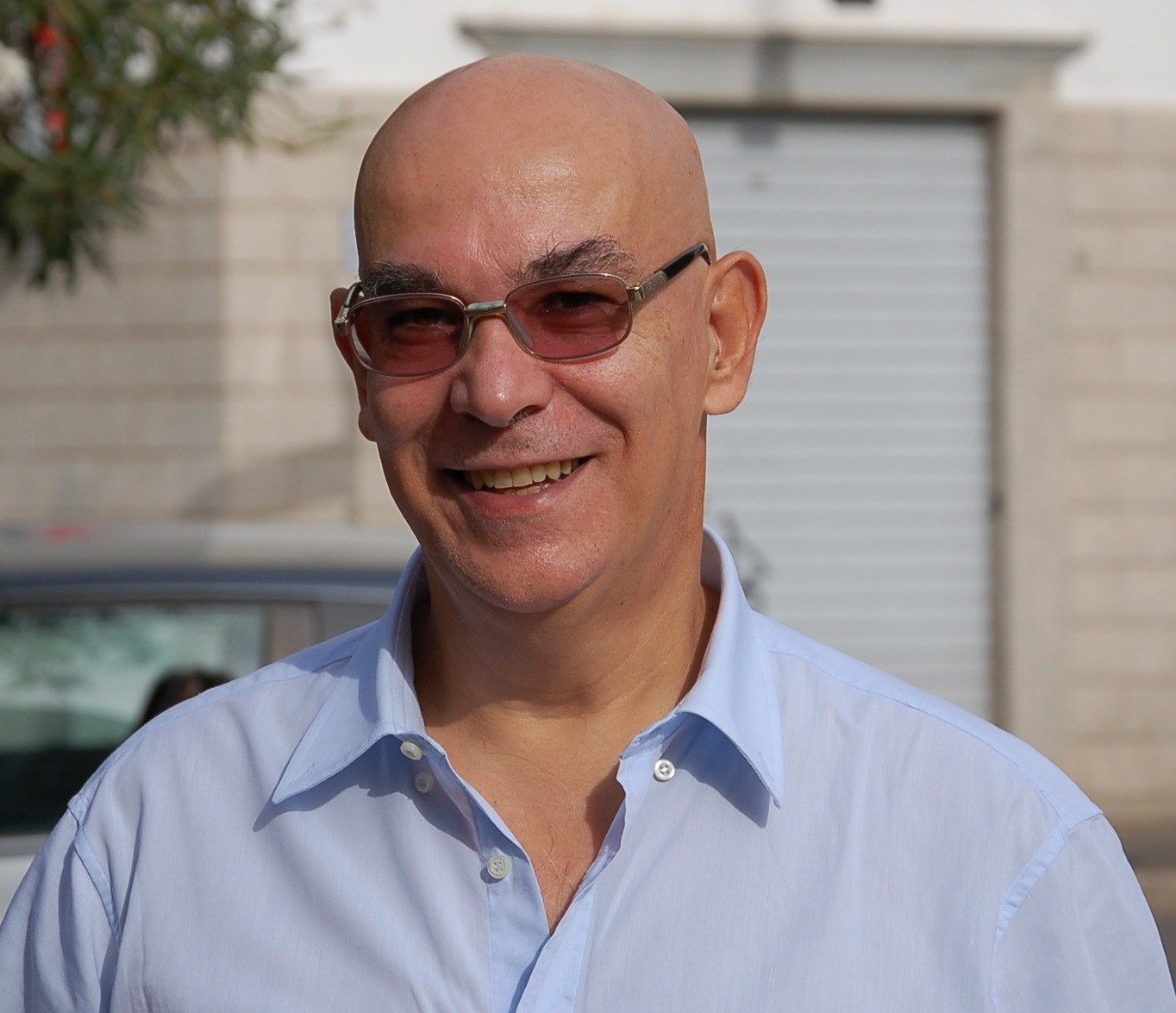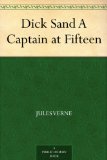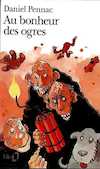
Who are you, and what do you do?
I am a computer scientist, software developer, currently employed as director of quality assurance for a company that deals with database clustering. Not very exciting for the average person, but lots of fun for me. In the past decades, I have been involved in several internet related projects, and I consider myself to be fully immersed in the cyberspace culture.
For the past eleven years I have been working from home, but always across the world. Using internet technology to my advantage, I can stay at home in Europe and be employed by a company in California, and interact with colleagues in France, Lithuania, or Australia. Thanks to this working flexibility, I have recently moved from Italy to Thailand, where I perform the same duties, with a different schedule due to a different time zone. This way of working gives me a sense of freedom that commuting to an office cannot match.
I am also an avid reader, and I have been for as long as I can remember. My earliest memories of my reading adventures started with my teacher in 1st grade gave me a book (Dick Sand, A Captain at Fifteen by Jules Verne) and then continue with me exhausting the whole library at home and at school, before starting my own.
What books have influenced you the most?
The short answer is "a lot of them." I am a firm believer that books have the answers to our needs. If I have a problem, my usual reaction is "there must be a book for that." And usually there is. I read to learn new things (I consider myself a perennial young for this reason. I always look for new things to read) and to entertain myself. I usually read between 50 and 80 books per year, and among them there is always one or two books per year that influence my life.
I should leave aside the technical books, of which I read quite a lot, to keep myself up to date, and to improve my general knowledge. I read books on technical matters to satisfy my curiosity, not only to improve my performance at work.
Let’s not be fooled by the quantities mentioned above. I am a selective reader, very picky about what I want to read. I choose carefully topics and authors, and I don’t blindly buy a book because I liked others by the same author. Quite often, I dismiss a book after a few pages if it doesn’t stand up to the standards that I expect, even from authors that I loved for previous book. I am always demanding, always being selective.
Within this selection, I get a few pearls. One book that has saved my life (literally) is The Dr. Bernstein Diabetes Solution, which has turned my life from unhealthy and hopeless to very healthy and efficient. It is not one of those self improvement books that promise you a new life if you follow some abstruse practice. It’s a scientific method, written by an author who is a MD and an engineer, and also a diabetic who has outlived the Diabetes death sentence that he was given 40 years ago, and he still enjoys life in his late age, in addition to helping others to achieve the same result.
This was quite a shocker, for an influencing book, and it came rather recently in my lifetime. There have been, earlier in my career as reader, other books that have made a permanent impression on me, and I must list among them:
"Skeptical essays" by Bertrand Russell: it shaped my own philosophy of life, which makes me doubt of mostly everything until I know better, and this works in all areas of knowledge amd real life;
The Mother Tongue by Bill Bryson: a view of the English language told as a tale, which shows how the language goes with the culture and the other way around;
Ficciones by J.L. Borges: an unparalleled exploit of wonderful tales, such that they trigger the imagination of the reader like nothing before;
Au bonheur des ogres by Daniel Pennac: Just when I thought that fiction could not offer anything new, Pennac proved me wrong, with a series of 4 enthralling stories;
The Godfather by Mario Puzo: a masterpiece of storytelling that made me think hard about the relationship between migrants, crime, and social acceptance of newcomers.
What book would you like to write?
I have recently made the shift from a large (and heavy) library on physical shelves to a completely electronic library, where all my books are contained in my laptop and my reading devices (both specialized and general purpose tablets.) Since this shift started, I have given a lot of thought to the process of reading, and how it can be made more pleasurable. I actually found out that using reading devices instead of books on paper can sometimes offer an immensely better experience.
This is the book that I would like to write: "How to read in the 21st century," telling my experience as a reader, and how it improved from my early attempts with a tiny device 15 years ago to the optimized technology at my disposal today. It will not be a technical book, although some technical matters will be there to help people who want to follow my steps, but mostly advice on how to improve the reading experience.






